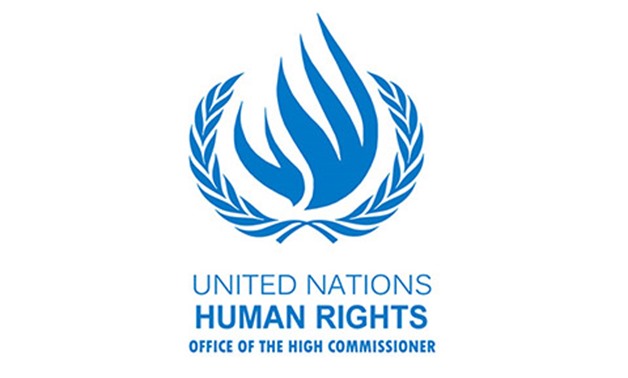In conjunction with the outbreak of coronavirus in Egypt (2,065 infected and 159 deaths till now), calls are rising to release detainees from prisons – especially those who don’t pose a danger to society – because of the bad conditions they are held in inside Egyptian prisons. The United Nations High Commissioner for Human Rights joined dozens of human rights organisations calling on the al-Sisi regime release the detainees, but such calls have fallen on deaf ears.
Serious concern for the lives of 114,000 prisoners
The United Nations High Commissioner for Human Rights has expressed grave concern at the overcrowded prisons in Egypt and the risk of the rapid spread of COVID -19 among more than 114,000 prisoners across the country. Rupert Colville, spokesperson for the commission, has invited the Egyptian government to do the same as other countries all over the world to “release all prisoners who are convicted with committing non-violent crimes and who are subjected to pretrial detention.”
All of the previously mentioned represent one third of total prisoners. Colville said that the commission recommends the release of “administrative detainees and people who have been arbitrarily arrested because of their political or human rights activity” in addition to the release of children and the elderly and those with chronic medical conditions. Colville confirmed that the majority of prisons and detention places in Egypt are overcrowded, unhealthy and suffer from a lack of essential supplies, while detainees are routinely prevented from receiving adequate medical care.
The commission also expressed concern about reports that indicate the oppression of anti-government critics on social media and stifle the work of human rights defenders and journalists who are focusing on the COVID -19 pandemic. On 20 March, the commission received reports about the arrest of 15 people for spreading “false news” about coronavirus, besides receiving information about the arrest of a doctor and pharmacist because they published videos online complaining about the shortage of masks. Colville has invited “the Egyptian authorities to respond to disinformation by providing obvious reliable information based on facts and seeking the participation of the people, besides empowering civil society to fight the common threat of the pandemic” instead of taking punitive measures against critical voices.
Egypt refuses to follow the rest of the world
Last Wednesday the Sultanate of Oman issued an order to release 599 convicted prisoners accused of different crimes. On the same day, the Libyan Ministry of Justice affiliated to the internationally recognised Government of National Accord decided to release 1,347 detainees in pretrial detention, within the framework of dealing with the corona pandemic and its prevention. Both countries have recorded far less positive cases of COVID -19 than Egypt. There are 24 confirmed infections and one death in Libya, and 457 infected and three deaths in Oman. Before this, Jordan released about 4,000 people until the end of the pandemic. Sudan, which shares a border with Egypt, released 4,217 prisoners as a first batch under the efforts of the state to contain the spread of coronavirus. Bahrain released 1,486 prison inmates on humanitarian grounds. In Algeria, the President Abdelmadjid Tebboune pardoned 5,037 prisoners. The Moroccan Monarch Mohammed VI issued a royal pardon that included 5,654 prisoners in the context of precautionary measures against coronavirus. Tunisia released 1,400 prisoners.
Oppressive regimes, similar to the Egyptian regime, released tens of thousands of prisoners. Iran pardoned 10,000 prisoners including political prisoners, besides issuing a temporary release for 85,000 prisoners. The ruling regime in Egypt refuses to follow in the footsteps of many other countries to release some detainees, preferring instead to follow in the footsteps of Assad in Syria who also refuses to release thousands of prisoners.




Recent Comments